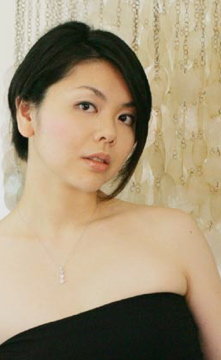Cantates Spirituelles

Michiko Takahashi

Bernhard Hansky
“One can only be grateful that Le Tendre Amour has brought the oeuvre of de Bousset to our attention… I am happy to tell you that the performances are in every way outstanding. Michiko Takahashi has a very fine and clear voice, and shows her full mastery of the style of the French baroque. Her ornamentation is tasteful and her diction and pronunciation immaculate. The same goes for Bernhard Hansky who delivers a truly theatrical interpretation of Le Naufrage de Pharaon.”
Johan van Veen – Musica dei donum
“Wie in ihrer letzten CD ‚All in a garden green‘, die sich mit englischer Musik des 17. Jahrhunderts beschäftigte, frappieren Virtuosität, Zusammenklang und Natürlichkeit von Le Tendre Amour. Der wieder sehr klare, frische Klang der Aufnahme passt wunderbar zu diesem offenbar sehr gut vorbereiteten, aber jederzeit spontanen, lebendigen und ungemein dynamischen Musizieren.”
Andreas Falentin – Magazin Klassik